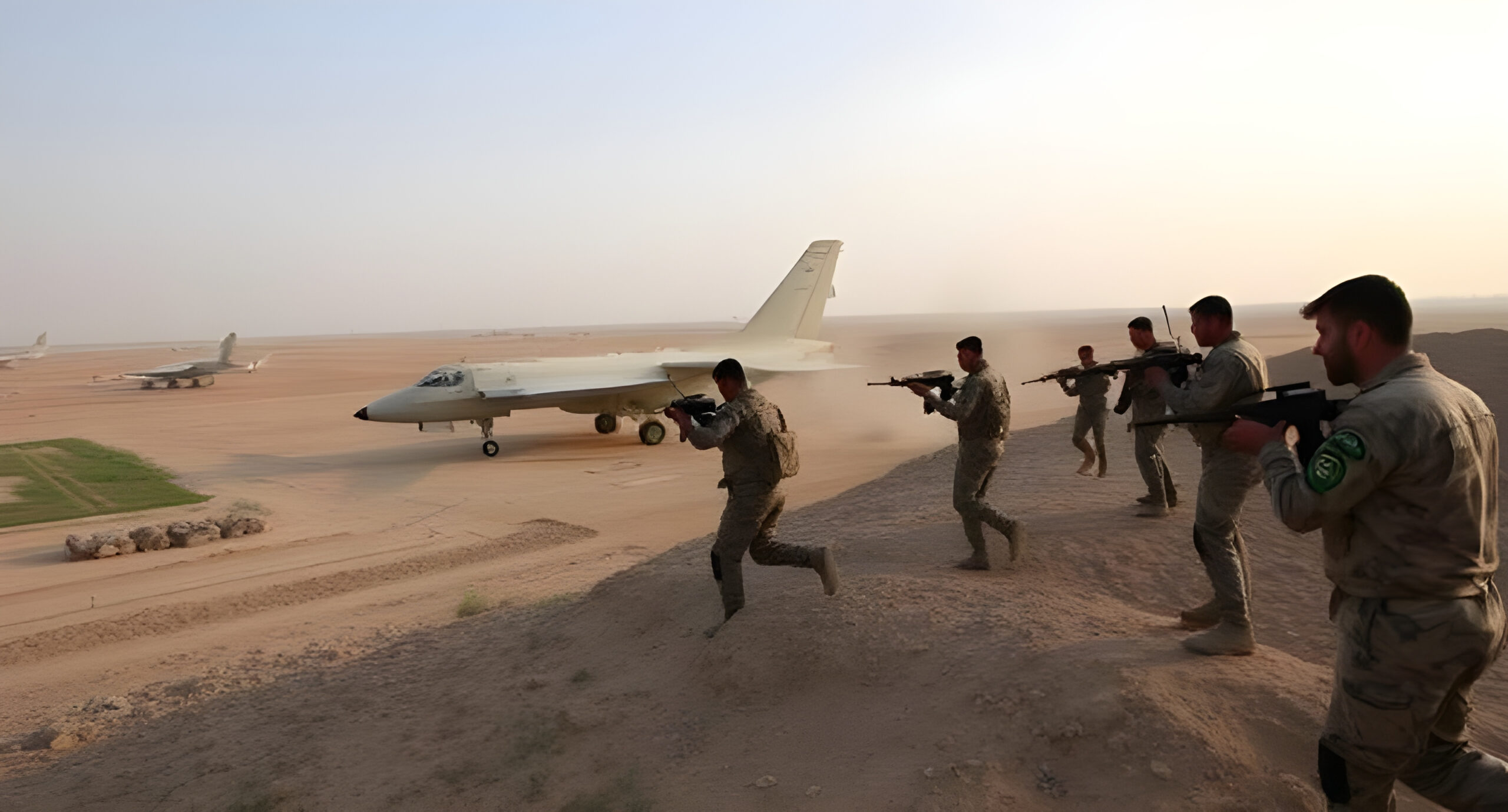Syria has concluded a significant military operation against loyalists of ousted President Bashar Al Assad, according to the defence ministry. This operation follows the heaviest fighting since former rebels seized power three months ago. The clashes, which took place in Assad’s coastal heartland, have resulted in over 1,000 fatalities, mostly civilians, as reported by a war monitoring group. The violence has heightened concerns about Syria’s future under its new Islamist rulers, led by Ahmed Al Sharaa and his Hayat Tahrir Al Sham group, who are striving to unify the country amidst involvement from powerful neighboring countries.
Since Assad’s overthrow, the region has seen further instability, with Turkish-backed groups clashing with Kurdish forces in northeastern Syria. Additionally, Israel has conducted strikes on military sites in Syria and is reportedly lobbying the U.S. to maintain Syria’s weakened state. The defence ministry spokesperson, Hassan Abdul Ghany, announced that public institutions can now resume operations and provide services, aiming to restore normalcy and consolidate security.
The new rulers are committed to combating remnants of the former government and preventing future threats. Ahmed Al Sharaa has vowed to hold accountable those responsible for the violent clashes and is forming an independent committee to investigate the killings. This committee will work with security forces to uncover the circumstances of the events and ensure justice for those affected.
Despite initial calm following Assad’s ousting in December, recent days have seen an escalation in violence as forces linked to the new Islamist rulers crack down on an insurgency within Assad’s minority Alawite sect. This has led to revenge killings against Alawites, a community perceived as favored under Assad’s rule. The Syrian Observatory reported significant casualties during the fighting, including civilians and fighters from both sides.
As Syria navigates this complex political landscape, the international community remains vigilant, observing the evolving dynamics between various factions and neighboring countries. The situation underscores the challenges faced by the new government in establishing stability and unity in a country that has endured decades of conflict and repression.





